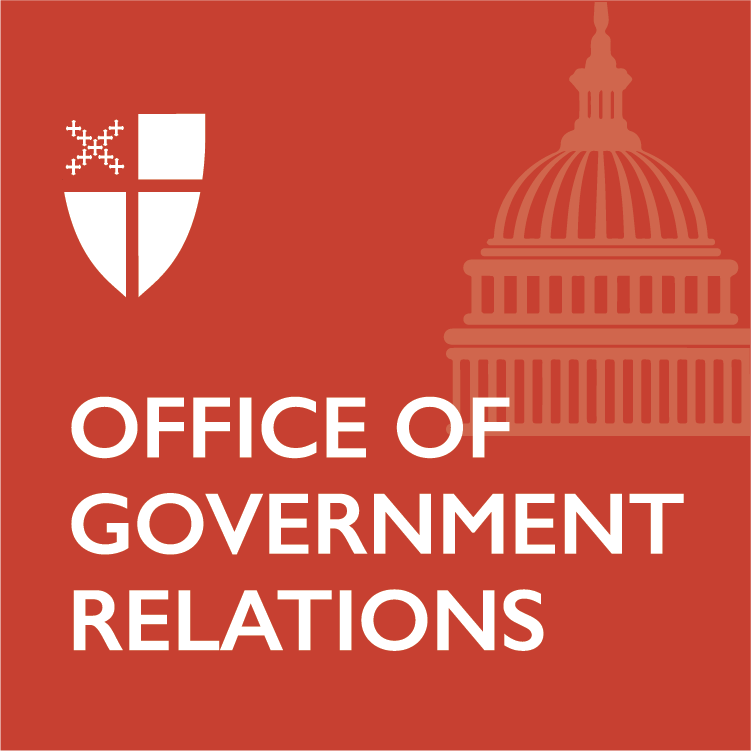By: Patricia Kisare, International Policy Advisor
As COVID-19 coronavirus continues to spread here at home and around the world, we are reminded of the speed with which a major pandemic can spread in today’s interconnected world. It is reported that it only takes 36 hours for pathogens to spread from remote places to major cities across the globe, an illustration of our vulnerability to outbreaks of infectious diseases in other countries as much as others’ vulnerability to outbreaks in our country.
At this moment of global crisis, The Episcopal Church calls on the U.S. government to work with multilateral institutions and other governments to ensure effective measures are taken to protect vulnerable populations in all countries. We are especially concerned about the impact of the COVID-19 pandemic in low-income countries where many governments lack sufficient resources to appropriately respond. In addition to the lack of financial resources, many of these countries have health systems that will quickly be overwhelmed, reducing the ability to prevent transmission and provide healthcare to all those who need it.
We are grateful that when Congress passed an emergency funding bill for coronavirus, it included $1.249 billion for global health response. Multilateral organizations such as the World Bank and the United Nations have also pledged or disbursed funds to help countries deal with the COVID-19 outbreak. As governments and international organizations respond to the spread of this virus, it is imperative to ensure that the most vulnerable populations–immunocompromised individuals, people living in poverty, and healthcare workers are provided with resources and care they need to safeguard their wellbeing. In the long-term, countries must work together to strengthen health systems and public health capabilities so that we can better prevent and contain global epidemics/pandemics.
We are also concerned about the rise of xenophobic harassment and attacks during this time. Many of our brothers and sisters of Asian-descent, including immigrants from Asia have been harassed or attacked since COVID-19 broke out. President Trump’s description of the coronavirus as a “foreign virus” during his Oval Office address only exacerbates the perception that “foreigners” are responsible for the outbreak. We denounce all displays of racism and stigmatization and encourage everyone to practice welcome and inclusion.
A central tenet of our Christian faith is love of God and love of neighbor. From healing the sick to His crucifixion, Jesus’ life exemplifies this law of love in so many ways. As Christians, we practice love when we care for people who are sick, are strangers, in prison, and all who live in poverty. Our acts of love are shown not only in service; our acts of love are also expressed when we lift our voice and advocate for the same.


